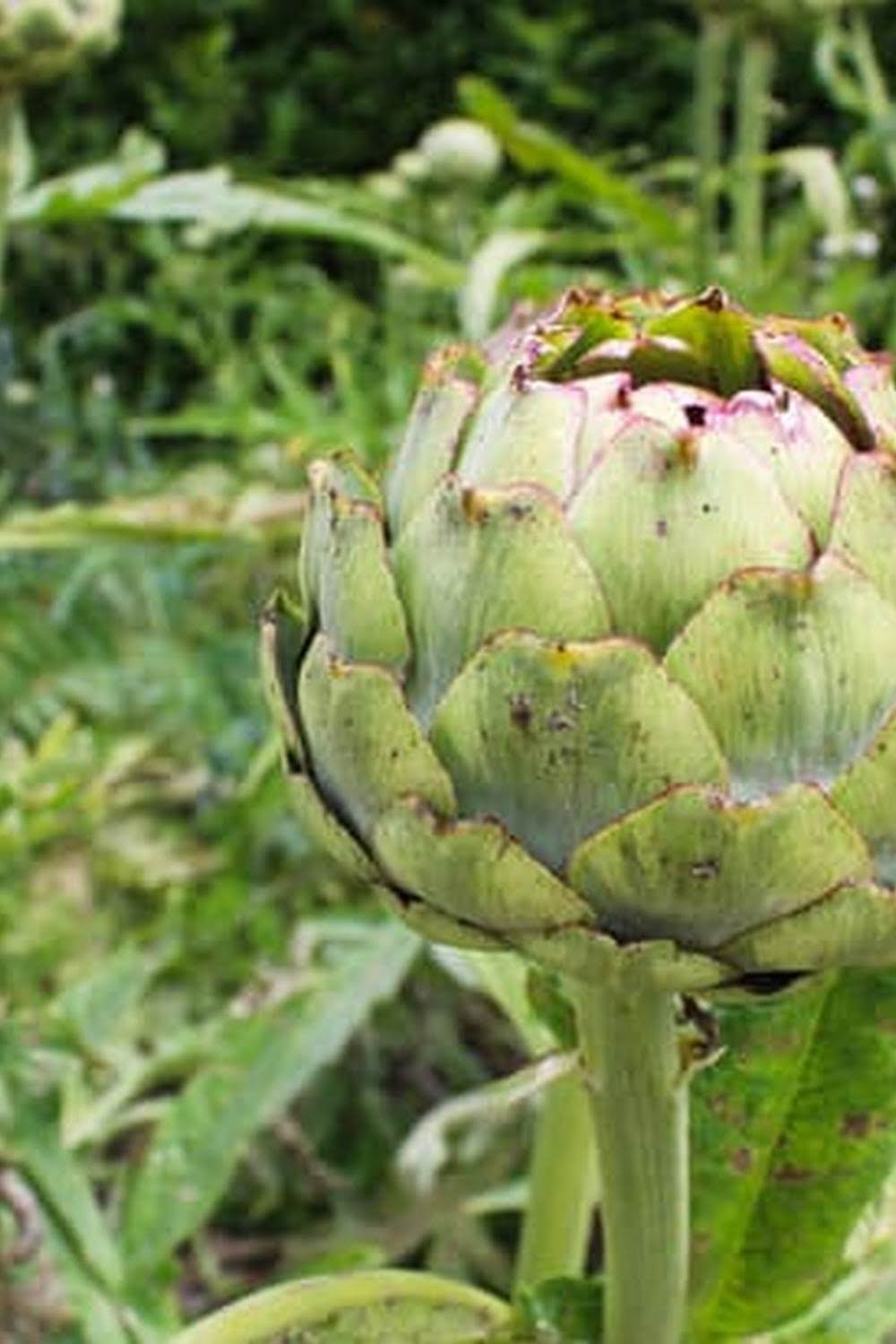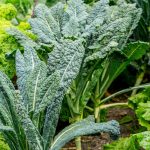How To Amend Garden Soil For Vegetables
Amending garden soil for vegetables is important to ensure your plants have the best possible growing conditions. Improving the soil texture, organic matter and nutrient levels will help your plants grow healthy and strong. There are many ways to amend garden soil, but one of the easiest and most effective methods is to use compost.
Compost is a mixture of organic materials that have been broken down by microorganisms. It is full of nutrients and organic matter that help improve soil texture and fertility. When added to garden soil, compost helps to improve drainage, water retention and aeration. It also helps to increase the soil’s ability to hold nutrients, which helps to improve plant growth.
To amend garden soil for vegetables, start by mixing compost into the top 6 inches of soil. You can either use your own compost or purchase compost from a local garden center. If your soil is low in nutrients, you may also need to add a fertilizer such as nitrogen, phosphorus or potassium. Read the fertilizer label to determine how much to add, and be sure to follow the directions carefully.
Amending garden soil for vegetables is a simple way to improve plant growth and yield. By adding compost to your soil, you can help your plants reach their full potential and produce delicious, healthy vegetables.
What Kind Of Soil Is Good For Vegetable Garden
?
The type of soil that is best for a vegetable garden depends on the vegetables that you plan to grow. Some vegetables, such as carrots and potatoes, grow best in soil that is high in organic matter. Other vegetables, such as tomatoes and peppers, grow best in soil that is high in nutrients.
If you are not sure what type of soil is best for your vegetable garden, you can have a soil test performed to find out. A soil test will tell you the pH level of your soil and the levels of phosphorus, potassium, and nitrogen.
If your soil is not ideal for growing vegetables, you can improve it by adding organic matter or by adding fertilizer. Organic matter will improve the soil’s structure and increase its ability to hold water and nutrients. Fertilizer will add nutrients to the soil.
The best way to improve your soil is to add organic matter and fertilizer every year. You can add organic matter by adding compost, manure, or peat moss. You can add fertilizer by adding a commercial fertilizer or by adding a natural fertilizer such as compost tea or fish emulsion.
Soil that is high in organic matter and nutrients is ideal for growing vegetables. If your soil is not ideal, you can improve it by adding organic matter or fertilizer.
Preparing Clay Soil For Vegetable Garden
If you are like me, you want to start a vegetable garden, but you don’t have the money to buy soil. You may also think that you need to have rich, dark soil in order to grow vegetables, but that’s not the case. You can grow vegetables in clay soil, but you need to prepare the soil before you plant.
Clay soil is heavy and can be hard to work with. It can also be acidic, which can be a problem for vegetables. The best way to prepare clay soil for a vegetable garden is to add organic matter to it. You can do this by adding compost, manure, or leaves to the soil. This will help to loosen the soil and make it more acidic.
You can also add lime to the soil to make it more alkaline. This is important, because most vegetables prefer an alkaline soil. You can buy lime at most garden stores.
Once you have added organic matter and lime to the soil, you need to work it in. You can do this by using a hoe, tiller, or shovel. Be sure to mix the soil well, so that the organic matter and lime are distributed evenly.
Now you are ready to plant your vegetables. Just be sure to keep the soil well-maintained, by adding more organic matter and lime as needed. With a little bit of work, you can have a beautiful vegetable garden, right in your own backyard.
Raised Bed Garden Soil Mix For Vegetables
When planting a vegetable garden in a raised bed, it’s important to use a soil mix that will allow the plants to thrive. A good mix for vegetables should be well-drained, yet retain moisture, have a good balance of nutrients, and be light enough to work easily into the soil.
An ideal mix for a raised bed vegetable garden can be made with equal parts of compost, topsoil, and sand. The compost will add nutrients to the soil, the topsoil will provide good drainage and moisture retention, and the sand will help to keep the mix light and workable.
If you don’t have access to compost, you can use other organic materials such as peat moss, leaf mold, or rotten wood. These materials will help to improve the soil structure and add nutrients to the mix. You can also add in some agricultural lime to adjust the pH of the soil, if needed.
To create your own raised bed garden soil mix, start by gathering together equal parts of compost, topsoil, and sand. Mix the ingredients together well, and then adjust the pH, if needed. Once the mix is ready, simply fill your raised bed garden with it and start planting!
How To Prepare Garden Soil Before Planting Vegetables
The best way to ensure your garden vegetables have the best possible start is to prepare the soil before planting. This means incorporating organic matter into the soil to improve its structure and fertility.
You can either do this by hand or by using a rotary tiller. If you’re working by hand, mix in a few inches of organic matter such as compost, well-rotted manure, or leaf mold. If you’re using a rotary tiller, mix in at least 6 inches.
Once the organic matter is mixed in, rake the soil level and water well. Now your garden is ready for planting!

If you’re looking to get into vegetable gardening, or are just looking for some tips on how to make your current garden better, then you’ve come to the right place! My name is Ethel and I have been gardening for years. In this blog, I’m going to share with you some of my best tips on how to create a successful vegetable garden.





